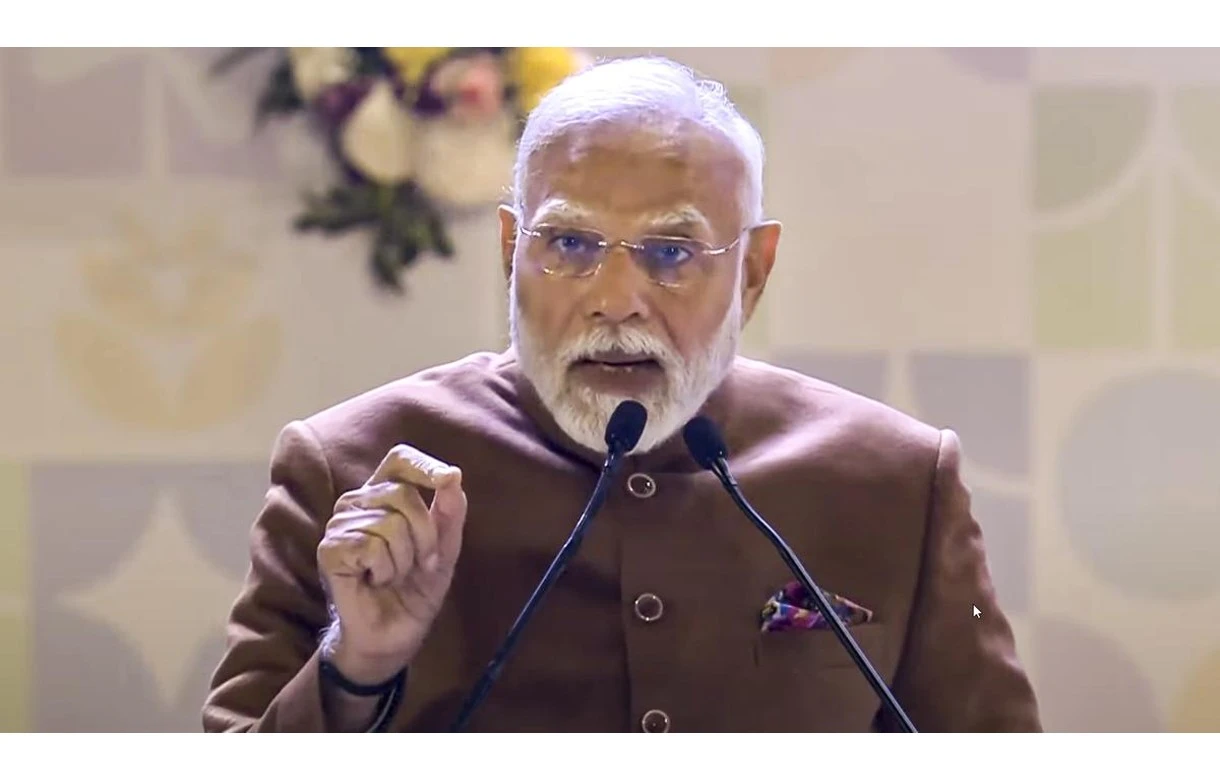The Supreme Court has allowed passive euthanasia in the country.
In a unanimous order on Friday, March 9, a five judge Constitution bench headed by Chief Justice of India (CJI) Dipak Misra recognised “living will” and laid down guidelines for its execution.
The SC bench, also comprising Justices AK Sikri, AM Khanwilkar, DY Chandrachud and Ashok Bhushan, said that the guidelines will be in force till legislation on the same is passed by Parliament.
The judges, who wrote four separate judgments expressing their views, were unanimous on allowing passive euthanasia and advance directives.
A ‘living will’ is made by a person, in a healthy, normal state of mind, specifying – for a situation when he/she is no longer able to express informed consent – whether or not he/she be kept alive purely on an artificial life support system in case of terminal illness or when in an irreversible vegetative state.
An advance directive is a document that enables competent persons to exercise their right to direct medical treatments in the event that they lose their decision making capacity. American Medical Association says there are two categories of advance directives: (1) a living will, which indicates the types of treatment that an individual wishes to receive or forgo under specified circumstances, and (2) a durable power of attorney for health care, which designates a proxy to make treatment decisions.
Passive euthanasia entails withdrawing artificial life support causing the death of a person who is in a permanent vegetative state, with no chance of recovery.
The court said advance directives for terminally-ill patients could be issued and executed by the next friend or relatives of the person after which a medical board would consider it, reported news agency PTI.
The court’s ruling came on a petition seeking recognition of a living will so that an individual could exercise the right to refuse medical treatment at a terminally ill stage of life.
While the Centre was in agreement on the question of allowing passive euthanasia, it opposed the concept of living will. Additional solicitor general PS Narasimha, representing the centre, told the court that consent for removal of artificial support may not be an informed one and could be misused in cases of the elderly.
He added that the government had already accepted the apex court’s ruling in the landmark Aruna Shanbaug case on 11 March 2011, which held that a specific category of relatives could seek permission from the court to opt for passive euthanasia on behalf of the person in cases of a terminally ill patient.
The apex court had ruled that such a request would have to be vetted by a medical board on the basis of which the concerned high court would decide whether to permit withdrawal of life support system or not.
On January 15, 2016, the Centre had said the 241st report of the Law Commission stated that passive euthanasia should be allowed with certain safeguards and there was also a proposed law — Medical Treatment of Terminally Ill Patient (Protection of Patients and Medical Practitioners) Bill, 2006.
The fundamental right to a “meaningful existence” includes a person’s choice to die without suffering, the apex court held on Friday.
The CJI’s judgment said the heart of the matter is whether law permits the acceleration of death without suffering.
Chief Justice Dipak Misra spoke about how societal pressure and fear of criminal liability by relatives and medical doctors ultimately led to the suffering and the undignified death of the patient.
The court said it was time to dispense with such shared suffering and sense of guilt and face reality. Doctors who attend the terminally-ill are under pressure and dither in letting the patient go, apprehending criminal liability and fear of being drawn into the “vortex” of a possible family struggle for inheritance.
Chief Justice Misra, in a common judgment with Justice AM Khanwilkar, said it was time to “alleviate the agony of an individual” and stand by his right to a dignified passing. A dignified death should follow a meaningful existence, the five-judge Bench agreed in a unanimous voice.
The Chief Justice’s judgment includes specific guidelines to test the validity of a living will, by whom it should be certified, when and how it should come into effect, etc. The guidelines also cover a situation where there is no living will and how to approach a plea for passive euthanasia.
Justice AK Sikri, in his separate opinion, said though religion, morality, philosophy, law and society share equally strong and conflicting opinions about whether right to life includes right to death, they all agree that a person should die with dignity.
Hence, the court, Justice Sikri said, is rightly in favour of the right to die with dignity.
Justice Sikri said an advance directive or living will from a patient to stop medical treatment at a particular stage — “particularly when he is brain dead or clinically dead or not revivable” — quells apprehensions of future regret for relatives and criminal action against doctors.
In a separate opinion, Justice Chandrachud observed that modern medical science should balance its quest to prolong life with the need to provide patients quality of life. One is meaningless without the other, Justice Chandrachud observed.
Justice Chandrachud said, “Life and death are inseparable. Every moment our bodies undergo change… life is not disconnected from death. Dying is a part of the process of living.”
Justice Chandrachud said the issue of death and when to die transcends the boundaries of law, but the court has intervened because it also concerns the liberty and autonomy of the individual.
He read from his judgment that the sanctity of life includes the dignity and autonomy of the individual. He said the search for a meaningful existence, the pursuit of happiness includes the exercise of free will.
“Free will includes the right of a person to refuse medical treatment,” Justice Chandrachud observed.
A person need not give any reasons nor is he answerable to any authority on why he should write an advanced directive.
But the judge held that active euthanasia is unlawful.
For this reason, he said the reasons given by a two-judge Bench of the Supreme Court in the Aruna Shanbaug case allowing passive euthanasia are “flawed” as the convoluted procedure to get a go-ahead for passive euthanasia makes the dignity of a dying person dependent on the whims and will of third parties.
“To deprive a person dignity at the end of life is to deprive him of a meaningful existence,” Justice Chandrachud read from his opinion he shared with Justice Ashok Bhushan.
Other countries where euthanasia is permitted
While euthanasia is still illegal in most parts of the United States, the doctors are allowed to prescribe lethal doses of medicine to terminally ill patients in five state — Washington DC, California, Colorado, Oregon and Vermont. Oregon was the first US state to legalise “assisted suicide”. Australia has a system of ‘advance directive’ to allow citizens to decide how they would like to be treated in future, if they are incompetent to make a decision at that point. Euthanasia, in varying forms, is permitted in Belgium, Canada, and Sweden.


 India News21 hours ago
India News21 hours ago
 India News17 hours ago
India News17 hours ago
 India News2 hours ago
India News2 hours ago
 India News2 hours ago
India News2 hours ago
 Latest world news1 hour ago
Latest world news1 hour ago















